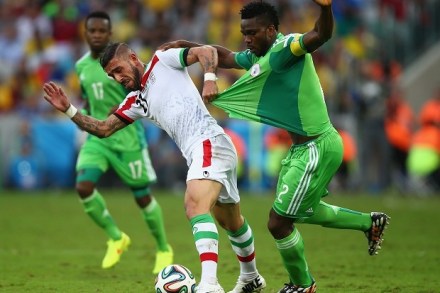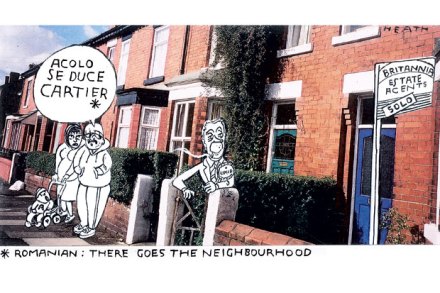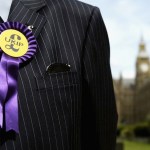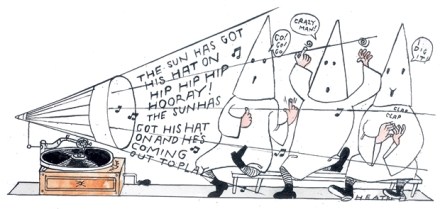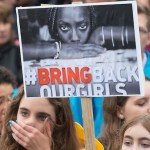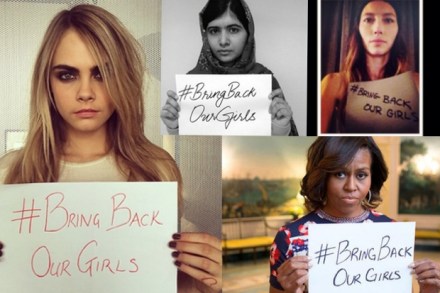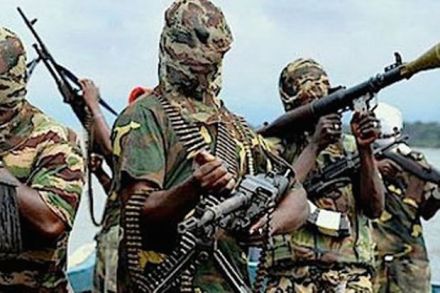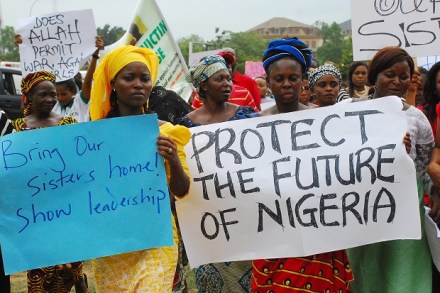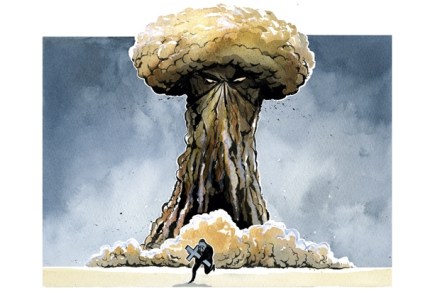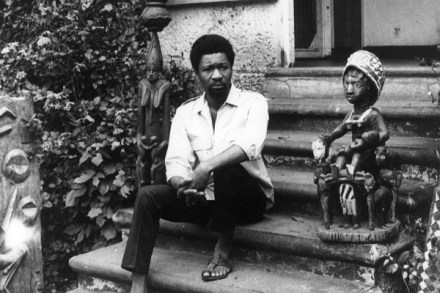World Cup diary: Iran vs Nigeria. Who to support?
So – Nigeria versus Iran, then. I wonder who Boko Haram were cheering for, surrounded by their infidel abductees in some sand-blown, bilharzia riven hellhole. I was cheering for our new allies, Iran. We are told every year – since about 1986 – that African teams will take world football by storm. And they never do. They’re as useless as were Zaire in 1974. But that won’t stop the BBC spending our licence fee money on the African Cup of Nations, for political reasons. And then earlier, an enormous pleasure to watch Portugal’s pouting moppets, each of them seemingly named after a seaside donkey, thoroughly thrashed by good ol’ dependable
